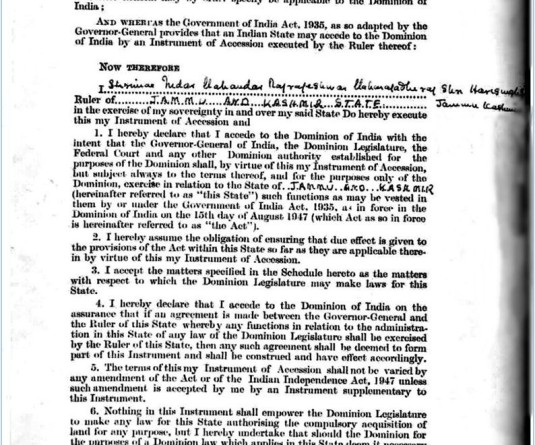
•-The agitation against the use of endosulfan insecticide in agricultrual operations has now reached a feverish pitch in India with the Chief Minister of Kerala going to the extent of resorting to a day long fast, demanding that the Government Of India should ban the use of endosulfan all over the country immediately.
While there have been huge concern about the use of endosulfan in India amongst environmentalists,. Indian pesticide industry is opposing listing of endosulfan as a Persistant Organic Pollutant (POP) under the Stockholm Convention and is pleading with the government of India that use of endosulfan should not be banned in India. Obviously, Indian pesticide industry is concerned about its economic loss if the use of endosulfan would be banned.
The fact is that more than fifty countries including U S and the 27 EU member States are in favour of banning the use of endosulfan. US and the EU have banned endosulfan due to the problem of toxicity .
While India is an important producer and exporter of endosulfan, it should not go against the world opinion for the sake of some economic benefits. It should act as a responsible state in tune with the global ecological practices.
The fact that inadvertently excessive use of endosulfan is harmful to ecological systems and can cause human health problem is well established.
Perhaps, the argument of Indian pesticide industry is that endosulfan has been under use for several decades in India and not many serious accidents have been reported. Obviously, the problem in the usage of endosulfan in agricultural operations is due to the indiscriminate spraying of endosulfan without following the stipulated dosing standards by the innocent farmers under the impession that spraying of more pesticide will lead to greater killing of pests . The Indian pesticide industry has failed to instruct and guide the farmers suitably , which amounts to absence of responsible care.
The Government of India should follow the stand taken by several countries including those in European Union and ban the use of endosulfan in India, particularly in the present conditions, when the pesticide industry and the government agencies are unable to restrict the use of endosulfan within the prescribed standards. There are other pesticides which can be used as substitute for endosulfan and Indian pest control efforts will not come to a halt with the ban on use of endosulfan.
Of course, the industries producing endosulfan in India would suffer. That is the price that they have to pay for the environmental concern.
While there have been huge concern about the use of endosulfan in India amongst environmentalists,. Indian pesticide industry is opposing listing of endosulfan as a Persistant Organic Pollutant (POP) under the Stockholm Convention and is pleading with the government of India that use of endosulfan should not be banned in India. Obviously, Indian pesticide industry is concerned about its economic loss if the use of endosulfan would be banned.
The fact is that more than fifty countries including U S and the 27 EU member States are in favour of banning the use of endosulfan. US and the EU have banned endosulfan due to the problem of toxicity .
While India is an important producer and exporter of endosulfan, it should not go against the world opinion for the sake of some economic benefits. It should act as a responsible state in tune with the global ecological practices.
The fact that inadvertently excessive use of endosulfan is harmful to ecological systems and can cause human health problem is well established.
Perhaps, the argument of Indian pesticide industry is that endosulfan has been under use for several decades in India and not many serious accidents have been reported. Obviously, the problem in the usage of endosulfan in agricultural operations is due to the indiscriminate spraying of endosulfan without following the stipulated dosing standards by the innocent farmers under the impession that spraying of more pesticide will lead to greater killing of pests . The Indian pesticide industry has failed to instruct and guide the farmers suitably , which amounts to absence of responsible care.
The Government of India should follow the stand taken by several countries including those in European Union and ban the use of endosulfan in India, particularly in the present conditions, when the pesticide industry and the government agencies are unable to restrict the use of endosulfan within the prescribed standards. There are other pesticides which can be used as substitute for endosulfan and Indian pest control efforts will not come to a halt with the ban on use of endosulfan.
Of course, the industries producing endosulfan in India would suffer. That is the price that they have to pay for the environmental concern.




